Zimbell Press, which periodically publishes themed anthologies (and has published several of my stories) put 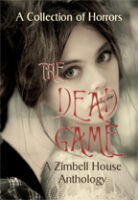 out an unusual challenge last fall: Invited stories about a game that ended in death, preferably horrible death. Moreover, they insisted on stories that began with the death scene, and then backed up to posit the setting and the game, leading up to an already-known climax — while somehow maintaining some suspense.
out an unusual challenge last fall: Invited stories about a game that ended in death, preferably horrible death. Moreover, they insisted on stories that began with the death scene, and then backed up to posit the setting and the game, leading up to an already-known climax — while somehow maintaining some suspense.
An intriguing challenge. I mulled it for several weeks, and woke up one morning imagining a competition to swim the English Channel. (Don’t ask where that came from; I’ve only crossed The Channel once, on a solid ferry boat.) Zimbell’s editors liked my Crossing well enough to make it the second story in the collection, which is out now: Dead Game. You can get the book (paper or e-book) at booksellers like Amazon and others — or read my story here==>>

 what people say to one another. I’ve written and had published several in that unusual format.
what people say to one another. I’ve written and had published several in that unusual format.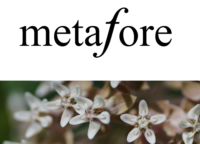 If you went out to look, on at least some nights, you might hear the yelps of some remote progeny of the critters that you used to hear sing in the California desert. And when your daughter came to visit, she might warn you that those wild animals have been known to go after domestic pets.
If you went out to look, on at least some nights, you might hear the yelps of some remote progeny of the critters that you used to hear sing in the California desert. And when your daughter came to visit, she might warn you that those wild animals have been known to go after domestic pets. on the theme of “adrift”. I imagined a girl who lost her paddle while kayaking, and awaits a hero to rescue her. Third Street didn’t like it, but The Writer’s Club did; you can read it
on the theme of “adrift”. I imagined a girl who lost her paddle while kayaking, and awaits a hero to rescue her. Third Street didn’t like it, but The Writer’s Club did; you can read it 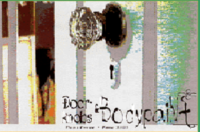 short-short (450-word) stories featuring descriptions of hard work. We’d just had a good Connecticut snowstorm; I’d gone out to be sure the men hard at work clearing our courtyard shovelled up to my patio door to accommodate my dog. I whipped out a little vignette, called it “A Path for Peanut”, and sent it out. Hardly great literature, but fun; an exercise in painting word pictures.
short-short (450-word) stories featuring descriptions of hard work. We’d just had a good Connecticut snowstorm; I’d gone out to be sure the men hard at work clearing our courtyard shovelled up to my patio door to accommodate my dog. I whipped out a little vignette, called it “A Path for Peanut”, and sent it out. Hardly great literature, but fun; an exercise in painting word pictures.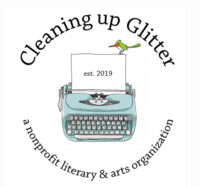 condition . . . . submit anything that explores your life views, existence, mortality, spirituality, conflict, and more.”
condition . . . . submit anything that explores your life views, existence, mortality, spirituality, conflict, and more.” whenever we go online. Suppose, I wondered one day, that our smartphones actually gave reports to Big Brother periodically; what might that conversation sound like?
whenever we go online. Suppose, I wondered one day, that our smartphones actually gave reports to Big Brother periodically; what might that conversation sound like?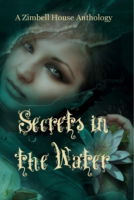 my earlier works, invited short stories on a theme of “secrets in the water.” Initially, as I thought of all the rivers and oceans I’ve known, nothing came to mind.
my earlier works, invited short stories on a theme of “secrets in the water.” Initially, as I thought of all the rivers and oceans I’ve known, nothing came to mind. to the challenge. An online litmag, 50-Word Stories, wants EXACTLY 50 words. I did something called Earthworm Ruminations that they liked two years ago; this time around I concocted an ending to a real-life Noel family mystery that remains in fact unsolved: What happened to Brad’s family-history engagement ring? Read the fictional answer
to the challenge. An online litmag, 50-Word Stories, wants EXACTLY 50 words. I did something called Earthworm Ruminations that they liked two years ago; this time around I concocted an ending to a real-life Noel family mystery that remains in fact unsolved: What happened to Brad’s family-history engagement ring? Read the fictional answer